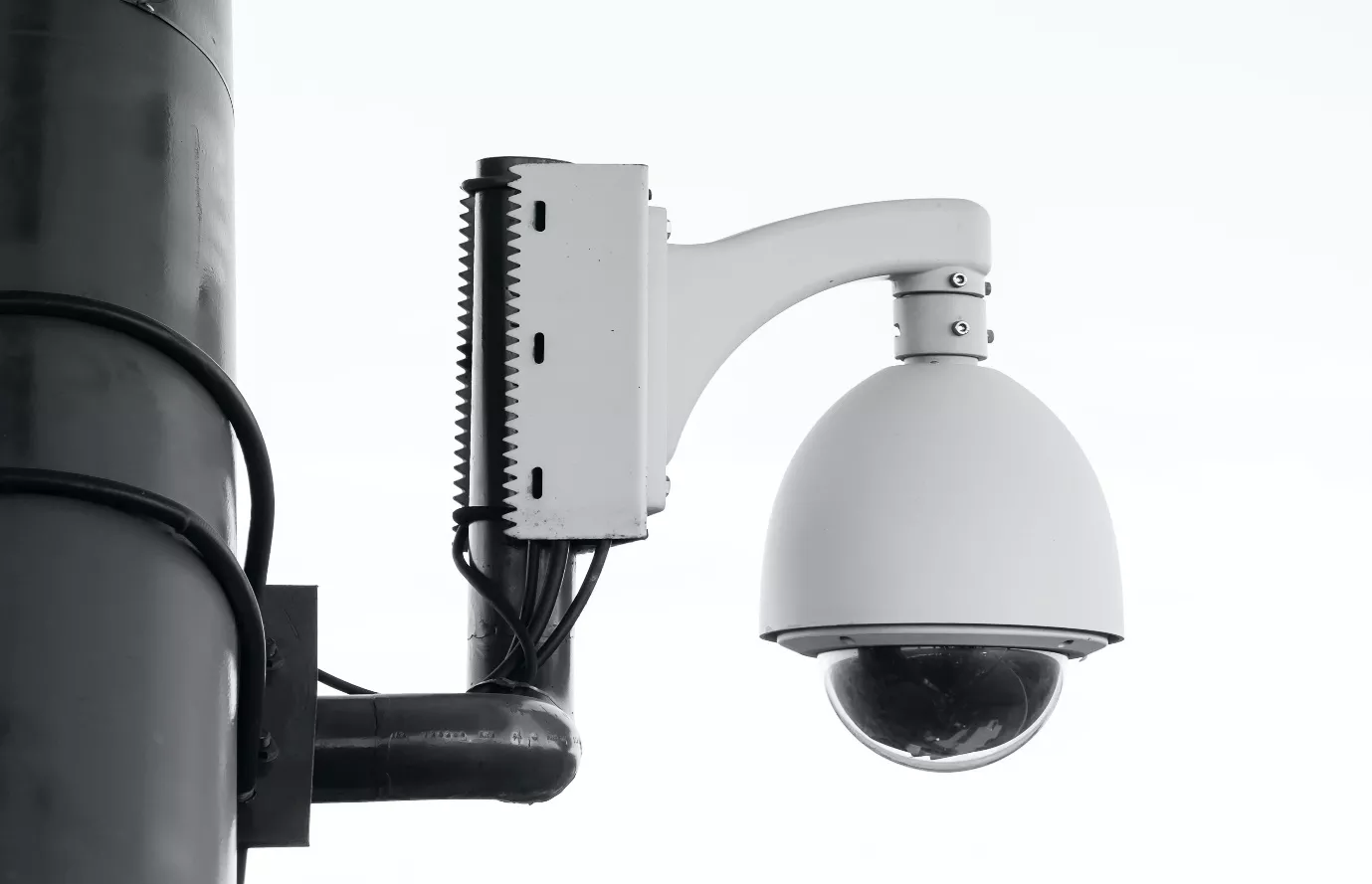This article is for Residential Surveillance Camera informational purposes only and in no way substitutes legal advice. We suggest, that before you install a CCTV camera, check with local law enforcement or an experienced attorney to know more about the local regulations.
We use surveillance cameras to keep our property safe. Over the years, the use of CCTV cameras has been diversified. We install security cameras outside our home, store, or office places to keep an eye on who is coming near our property and how they are behaving. We also install them inside our homes or offices to monitor the people.
In this article, we will provide you a general overview of rules and regulations regarding surveillance cameras. There may be some additional restrictions on local, municipal, or county levels.

Federal laws regarding recording people
There are no explicit federal laws specific to surveillance cameras. However, when installing a security camera intended to record people in different settings, you should consider the Expectation of Privacy laws.
The Expectation of Privacy law says you cannot record people in places where they have a reasonable expectation of privacy. That means you cannot install a security camera inside a bathroom, shower, changing room, locker room, bedroom, hotel room, etc. The law, however, does not restrict you from recording a person in a public place.
States having specific laws around surveillance cameras refer to the principle of Expectation of Privacy while defining a private place.
State laws regarding residential surveillance cameras
Out of the 50 states, only 16 have passed laws around the use of security cameras. In other states, the judges make decisions on a case-to-case basis.
Here is a brief overview of the state laws that have been passed by the state legislators to regulate the usages of security cameras.
California
California residential security camera law allows a private person to install video surveillance cameras around their property for security purposes. As long as the camera does not violate another person’s right to privacy, it is legal to use a camera in a residential neighborhood. However, you cannot install a hidden camera in a place considered to be private.
Georgia
Georgia state law code states it is illegal to “observe, photograph, or record the activities of another which occur in any private place and out of the public view.”
If you are in this state, make sure your camera does not capture the footage of the inside of your neighbor’s house.
Florida, Alabama, and Minnesota
In these states, both visible and hidden video surveillance is legal in public places. However, you cannot record someone in a private setting. Expectations of Privacy Laws will apply to differentiate between private and public.
If you are in Florida, make sure your camera is facing your property. It should not capture the footage of your neighbor’s yard or home.
New Hampshire, Maine, Kansas, South Dakota, and Delaware
The principle of Reasonable Expectations of Privacy applies in these states. You can install a surveillance camera pointing outward from your own property. Their yard or outside of your neighbor’s home is not considered a place where some would have an expectation of privacy. However, your security camera shouldn’t record the inside of their house.
New York, Tennessee, Michigan, and Utah
These states allow you to install video surveillance cameras in public places without any restrictions. However, you cannot install hidden cameras in areas where privacy is expected, whether consent is sought or not.
Hawaii
In Hawaii, you cannot install a surveillance camera without the consent of the people who are being recorded. This rule applies to both public and private places.
Arkansas
In Arkansas, you can record people in private settings with their consent.
In the above cases, consent generally means that people are aware of being watched. You need to put up clearly visible signage notifying people that the place is under video surveillance.
Additional rules may apply to the audio-enabled cameras. Be extra careful while you are installing a security camera that records the audio as well. In this article, we have only focused on residential security cameras installed outside the house. The rules and regulations can be different for offices, stores, and other public places.
No laws deter you from installing a front-door surveillance camera. Depending on the local regulations, you may have to be careful about its positioning. In addition, CCTV cameras are extremely useful in reducing crime rates and keeping your home safe.
In conclusion, Praetector uses the most advanced technology to make world-class security cameras for your home and offices. Praetector surveillance cameras are available on Amazon.com. You can also get in touch with us to buy a security camera or know more about its features.

You’re so right. I’m there with you. Your blog is definitely worth a read if anybody comes throughout it. Im lucky I did because now Ive received a whole new view of this. I didn’t realise that this issue was so important and so universal. You surely put it in perspective for me.